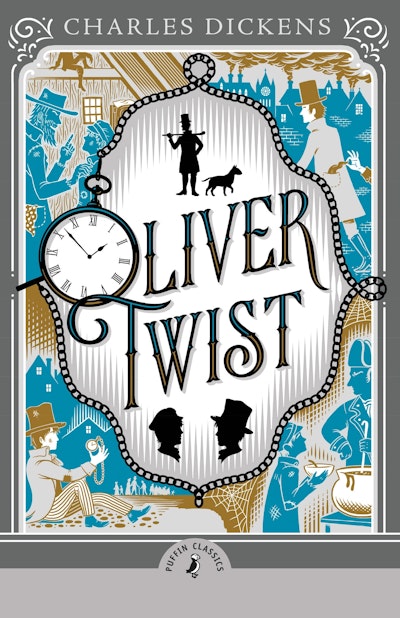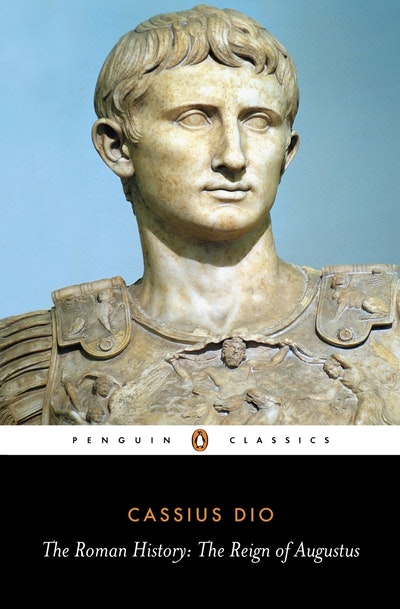[]
- Published: 21 April 2011
- ISBN: 9780143106326
- Imprint: Penguin Classics
- Format: Paperback
- Pages: 336
- RRP: $35.00
Categories:
The Riddle of the Sands
Formats & editions
Buy from…
The first modern spy novel and a must-read for espionage junkies and 'chaps in scraps' fans
Loosely based on the author's own experiences, The Riddle of the Sands takes readers back to the early days of the twentieth century, when Britain shared a tense rivalry with the Kaiser's Germany. Tempted by the idea of duck shooting, Carruthers is lured by his friend Davies into a yachting expedition in the Baltic, only to discover that the itinerary involves more than killing fowl. Soon they're on a wild journey of intrigue, meeting danger at every turn, and ultimately unraveling Germany's secret plans to invade England. Tautly written and full of unexpected twists, this is a timeless work of espionage fiction.
- Published: 21 April 2011
- ISBN: 9780143106326
- Imprint: Penguin Classics
- Format: Paperback
- Pages: 336
- RRP: $35.00
Categories:
Other books in the series
The Complete Fables
Aesop
Emma
Jane Austen
Pride and Prejudice
Jane Austen
Mansfield Park
Jane Austen
Northanger Abbey
Jane Austen
Persuasion
Jane Austen
Sense and Sensibility
Jane Austen
A Dead Man's Memoir (A Theatrical Novel)
Mikhail Bulgakov
A Dog's Heart
Mikhail Bulgakov
The Man Who Was Thursday
G. K. Chesterton
The Black Tulip
Alexandre Dumas
The Lady of the Camellias
Alexandre Dumas fils
The Man in the Iron Mask
Alexandre Dumas
The Three Musketeers
Alexandre Dumas
Faust, Part I
Goethe
Faust, Part II
Goethe
Selected Poetry
Goethe Johann Wolfgang Von
The Nibelungenlied
Hatto A T
The Complete Odes and Epodes
Horace
The Garden Party and Other Stories
Katherine Mansfield
The Aeneid
Virgil
Species of Spaces and Other Pieces
Georges Perec
The Age of Alexander
Plutarch
Fall Of The Roman Republic
Plutarch
The Makers of Rome
Plutarch
On Sparta
Plutarch
The Rise And Fall of Athens
Plutarch
The Rise of Rome
Plutarch
Rome in Crisis
Plutarch
Man and Superman
George Bernard Shaw
Saint Joan
George Bernard Shaw
Botchan
Natsume Soseki
Kusamakura
Natsume Soseki
The Charterhouse of Parma
Stendhal
Love
Stendhal
The Red and the Black
Stendhal
Agricola and Germania
Tacitus
Annals
Tacitus
The Annals of Imperial Rome
Tacitus
Selected Poems
Rabindranath Tagore
Military Dispatches
The Duke Of Wellington
Around the World in Eighty Days
Jules Verne
Journey to the Centre of the Earth
Jules Verne
Twenty Thousand Leagues Under the Sea
Jules Verne
Treatise On Toleration
Voltaire
About the author
Robert Esrkine Childers was born in 1870 to Anglo-Irish parents, and was raised in Ireland. He was educated at Haileybury and Trinity College, Cambridge, and from 1895 to 1910 was a clerk in the House of Commons. During his long holidays he spent time sailing the North Sea and the Channel in a tiny yacht, and explored the shoals of the German, Dutch and Danish coasts. He volunteered at the outbreak of the Boer War and afterwards wrote a personal record, In the Ranks of the C. I. V., which was the fifth volume of The Times History of the War in South Africa, as well as two other books exposing the antiquated uses of cavalry against modern armaments. He published his only novel, The Riddle of the Sands, in 1903. He married Mary (Molly) Alden Osgood, whom he had met on a visit to Boston, in 1904.
In 1910 he resigned his post at the House of Commons in order to be free to work for the Irish cause, and the following year published The Framework of Home Rule, advocating full dominion status for Ireland. During the First World War he did reconnaissance work in the Royal Naval Air Service, served in the Royal Naval Volunteer Reserve and then as an Intelligence Officer. He was awarded the Distinguished Service Cross. After the war he settled in Ireland to work and write for its complete independence.
When the Free State was established he joined the Republican army, and, in 1922, was one of the many leaders who were arrested and shot by firing squads in the tragic civil war that followed. John Buchan later wrote of him 'no revolution ever produced a nobler or purer spirit'.





























































































































































































































































































































































































































































































































































































































































































































































































































